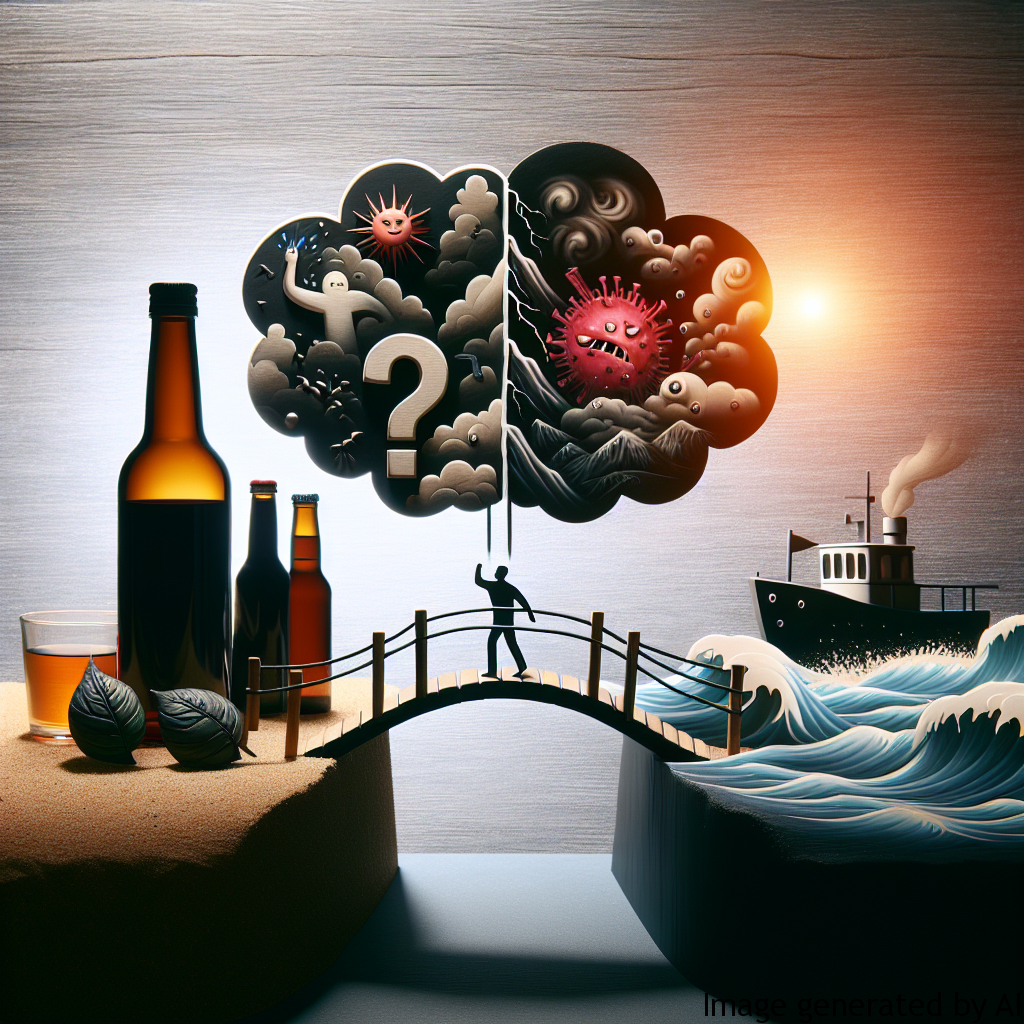Introduction
Alcohol has been a pervasive part of many societies, embedded within religious, familial, and social rituals. It’s been seen as a social lubricant, a rite of passage and a symbol of celebration. However, excessive consumption and dependence on alcohol can have serious and profound impacts on mental health, leading to disorders such as depression, anxiety and alcohol-related psychosis. To discuss these issues thoroughly, it’s particularly important to consider the gender differences in alcohol consumption and its influences on mental health, especially that of men.
Gender Expectations and Its Impact on Men’s Mental Health
Studies have shown that men consume alcohol at a higher rate compared to women. Societal gender norms perpetuate the idea that real men are insensitive and must not show weakness or vulnerability. Ironically, these unrealistic expectations can be major contributors to mental health disorders among men. Such ideals may lead some men to engage in risky behaviours such as excessive drinking to cope with stress, resulting in various psychological issues.
The ‘Alcohol Masculinity’ Norm
There’s a common expectation in many societies that men should be able to handle a large amount of alcohol. Such a norm promotes over-drinking, which can lead to alcohol dependence and addiction. The resultant mental impairment can increase the risk of mental health disorders, occupational loss, relationship breakdown, and even suicidal thoughts.
Alcohol and Emotional Numbness
Some men might resort to alcohol to suppress emotions and mask their real feelings due to gender norms of masculinity. However, alcohol can act as a depressant leading to mood fluctuations, anxiety, depression, and other mental health disorders.
Examples of How Gender Roles Can Affect Men’s Lives
Adherence to traditional masculine norms can have harmful effects on health and wellbeing. Men, particularly those with strongly held beliefs about masculinity, may delay seeking help for mental health issues due to fear of appearing weak or inadequate. They may self-medicate with alcohol, which just aggravates the mental issues.
Men who perceive being drunk as manly might indulge in risky drinking games, engaging in competitive masculinity. Such behaviours can lead to alcohol-related injuries, accidents, and long-term health issues.
Tips to Improve Mental Health Considering Gender Roles
The first step toward improving mental health is to acknowledge and address the harmful gender stereotypes. Men should be encouraged to express their feelings openly without fearing judgement or rejection. Additionally, greater emphasis should be placed on positive coping mechanisms, such as exercise, meditation, or talking to a friend or professional, rather than using alcohol as a temporary escape.
Moreover, health professionals can play a significant part by acknowledging gender norms that influence men’s health behaviours, building trust, and encouraging open conversations about mental health and alcohol use.
Conclusion
The culture of masculinity strongly influences alcohol consumption among men, further impacting their mental health. Recognizing and challenging these societal norms is essential for the promotion of healthier relationships with alcohol and an improved mental health state among men. After all, alcohol should be a choice, not an escape or a societal expectation to adhere to masculine norms.

